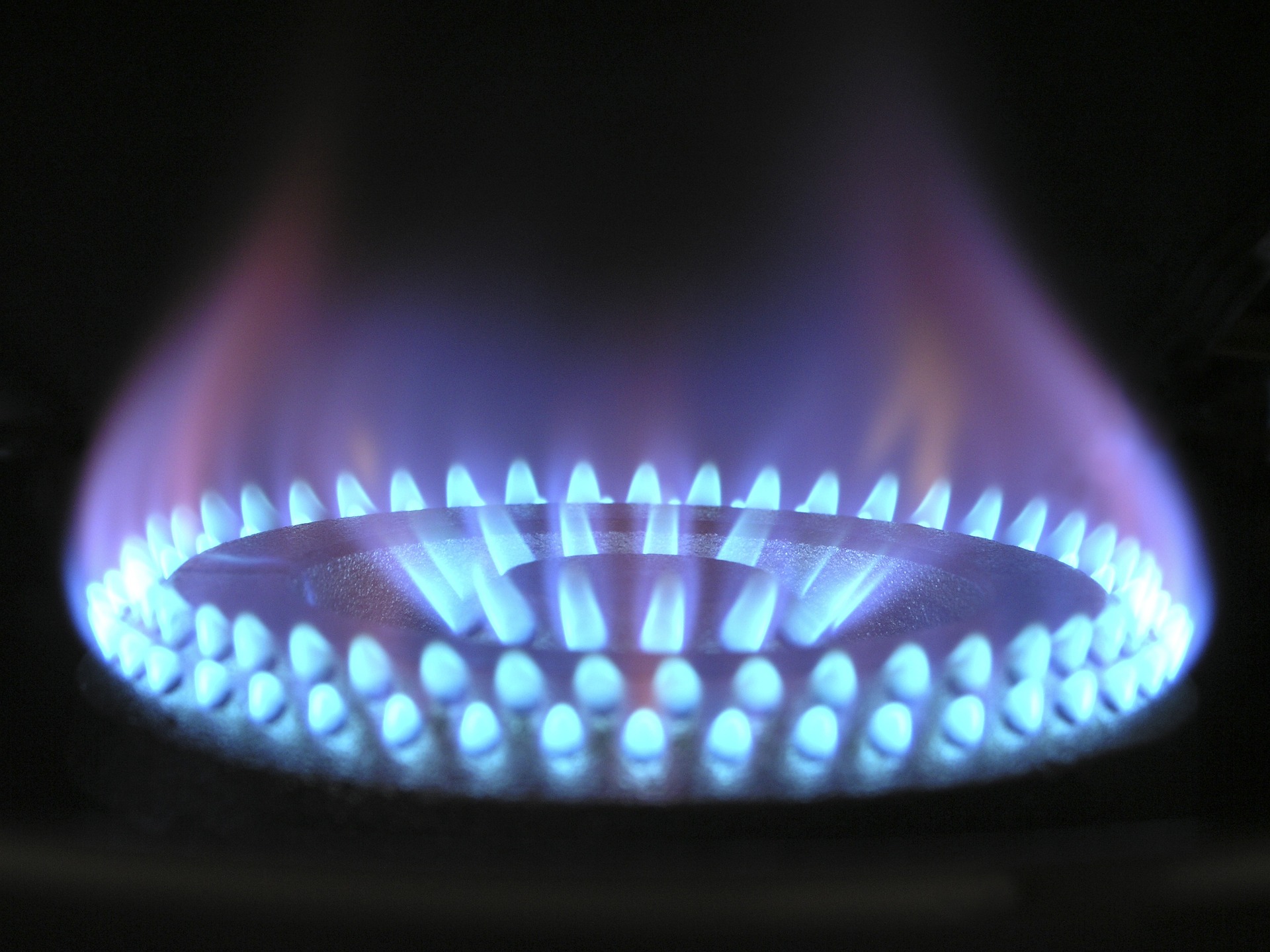After a court struck down a first-in-the-nation ban on gas hookups in new buildings last year, voters in Berkeley, Calif., will have their say in November on a measure to tax large buildings that use natural gas.
Supporters of the “Fossil Free Berkeley Ballot Measure” say the proposed tax would raise $23 million annually for a dedicated building electrification fund. The tax would be based on how much gas a building consumes and the estimated amount of methane leaked across the natural gas system in delivering that fuel.
The tax would apply to buildings 15,000 sf or larger, or about the size of a 10-to-15-unit apartment building. A majority vote would make the proposal into law, and it would take effect on Jan. 1, 2025.
Low-rise residential buildings and restaurants would be prioritized for funds to electrify their properties.
Related Stories
| Nov 29, 2012
Government policies help accelerate adoption of green building
Green procurement policies or green building mandates can help accelerate the adoption of green building practices, according to research by Timothy Simcoe and Michael Toffel.
| Nov 26, 2012
Minnesota law to spur development, job creation produced few jobs
Legislation that allowed local governments to direct excess property tax dollars from tax-increment financing districts into other private developments was supposed to kick-start construction hiring in Minnesota.
| Nov 26, 2012
How to boost resilient systems that are sustainable
Cities of the future can be both more resilient and more sustainable by promoting strategies that include solar power and green roofs, programs that minimize demand for energy, rain gardens, and permeable pavement.
| Nov 26, 2012
Developer of nation’s first LEED platinum skyscraper focuses on carbon reduction
The Durst Organization, the developer of the first LEED platinum certified skyscraper in the country, says it will not seek LEED certification for its residential pyramid planned for New York’s West 57th Street.
| Nov 26, 2012
Questions linger over ability of Miami's newer high-rises to withstand hurricanes
Some towers in Miami, rebuilt after a hurricane in 2005, were allowed to be constructed under older building codes instead of newer ones created after Hurricane Wilma.
| Nov 26, 2012
Changes in development and building standards needed for health of Potomac River
The Potomac River’s health stands to suffer if the region does not change its development and building standards, according to the Potomac Conservancy.
| Nov 16, 2012
South Dakota prefers LEED over building code on state projects
“(LEED is) much better than a mandatory building code because you get a little wiggle room in these projects,” said Mike Mueller, a spokesman for the South Dakota Bureau of Administration.












